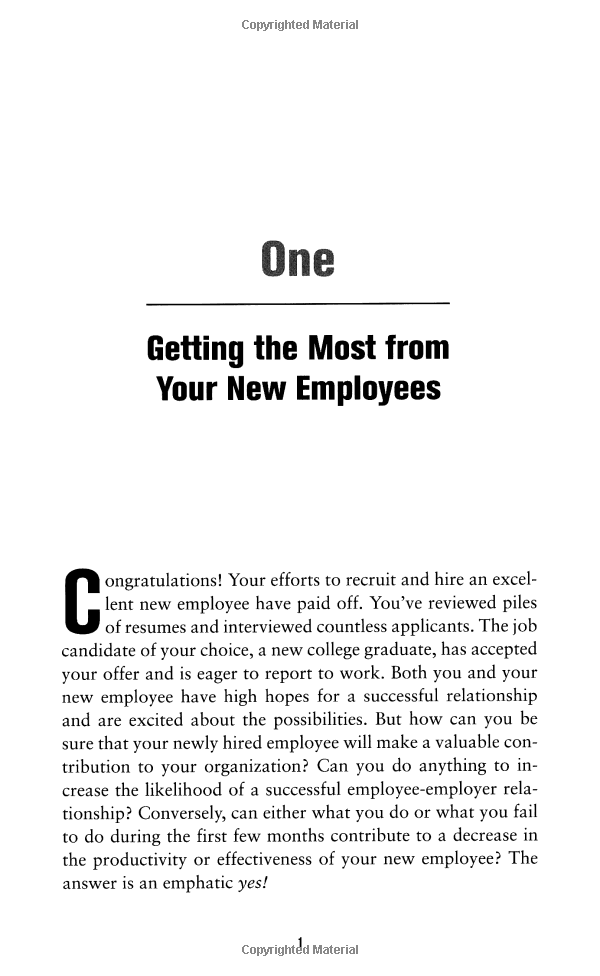Comprehensive Guide to Loan Officer Schooling: Everything You Need to Know to Succeed in the Mortgage Industry
#### Loan Officer SchoolingLoan officer schooling is a critical step for anyone looking to enter the mortgage industry. This educational path equips aspirin……
#### Loan Officer Schooling
Loan officer schooling is a critical step for anyone looking to enter the mortgage industry. This educational path equips aspiring loan officers with the necessary skills, knowledge, and credentials to help clients secure financing for their homes. In this guide, we will explore what loan officer schooling entails, the types of programs available, the importance of licensing, and tips for succeeding in this rewarding career.
#### What is Loan Officer Schooling?
Loan officer schooling refers to the educational programs and courses designed to prepare individuals for a career as a loan officer. These programs cover a variety of topics, including mortgage products, underwriting processes, financial analysis, and regulatory compliance. Many institutions offer loan officer training, ranging from community colleges to specialized mortgage training schools.
#### Types of Loan Officer Programs
There are several types of loan officer schooling programs available:
1. **Certificate Programs**: These short-term programs typically last a few months and focus on the essential skills needed to become a loan officer. They are ideal for those looking to enter the field quickly.
2. **Associate Degree Programs**: An associate degree in finance or a related field provides a more comprehensive education. These programs usually take two years to complete and may include internships or hands-on training.

3. **Bachelor’s Degree Programs**: A bachelor’s degree in finance, business, or economics offers a deeper understanding of the financial industry and prepares students for more advanced roles within the mortgage sector.
4. **Online Courses**: Many institutions offer online loan officer schooling options, allowing students to learn at their own pace. These courses can be particularly beneficial for those balancing work or family commitments.
#### Importance of Licensing
In addition to completing loan officer schooling, aspiring loan officers must obtain a license to practice. Licensing requirements vary by state but typically include passing the Nationwide Multistate Licensing System (NMLS) exam and completing a certain number of hours of pre-licensing education. This licensing process ensures that loan officers are knowledgeable about federal and state regulations and are capable of providing sound financial advice to clients.
#### Skills Developed Through Loan Officer Schooling
During loan officer schooling, students develop a variety of essential skills, including:
:max_bytes(150000):strip_icc():format(webp)/corporate-job-titles-2061491_FINAL-027b6a5fa3a4446da735b8dd66943e17.png)
- **Customer Service**: Loan officers must be able to communicate effectively with clients, understand their needs, and provide exceptional service throughout the loan process.
- **Financial Analysis**: Understanding credit reports, income statements, and other financial documents is crucial for assessing a borrower’s eligibility for a loan.
- **Regulatory Knowledge**: Familiarity with laws and regulations governing the mortgage industry is vital for ensuring compliance and protecting both the lender and the borrower.
- **Sales Skills**: Loan officers often need to sell mortgage products to clients, requiring strong persuasive skills and the ability to build rapport.
#### Tips for Success in the Loan Officer Career
1. **Network**: Building relationships with real estate agents, financial planners, and other professionals in the industry can lead to referrals and new business opportunities.

2. **Stay Informed**: The mortgage industry is constantly evolving. Staying updated on market trends, new products, and regulatory changes is essential for success.
3. **Gain Experience**: Consider internships or entry-level positions to gain hands-on experience and enhance your resume.
4. **Pursue Continuing Education**: Many states require loan officers to complete continuing education courses to maintain their licenses. This is also an excellent opportunity to expand your knowledge and skills.
In conclusion, loan officer schooling is a vital component of a successful career in the mortgage industry. By understanding the different types of programs available, the importance of licensing, and the skills needed to excel, aspiring loan officers can position themselves for success in this dynamic field. Whether you choose a certificate program or pursue a degree, investing in your education will pay off in the long run as you help clients achieve their homeownership dreams.